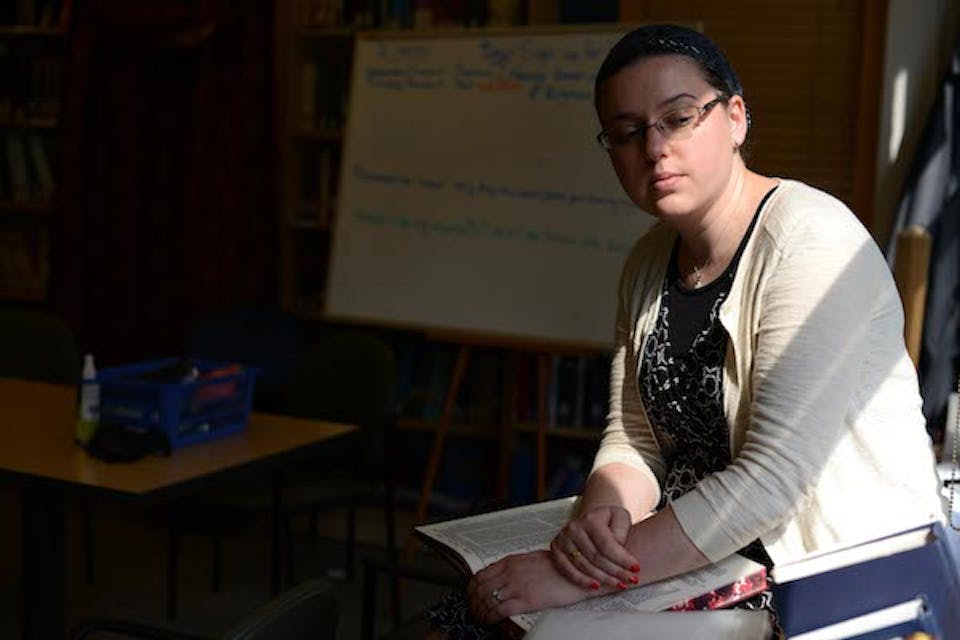
November 10, 2015
Why Did American Orthodox Rabbis Just Ban Something They’ve Already Banned Before?
Another day, another terse resolution against the ordination of women. If traditionalist Judaism is to survive, it needs to stop reacting and do a much better job of explaining itself.
A resolution issued last week by the Rabbinical Council of America (RCA), the largest association of Orthodox rabbis, bans its members from employing women clergy in their synagogues. The ban itself contains little that is new. Following upon a slew of earlier such statements, it expands a longstanding ban on the ordination of women as rabbis, prohibiting their employment by RCA members while pointedly endorsing women’s advancement in other religious capacities. Still, though the resolution could hardly have come as a surprise, reactions from the more liberal sectors within Orthodoxy have ranged from disappointment to outrage; among non-Orthodox and secular commentators, responses have tended to divide between, and sometimes to combine, the gleefully sarcastic and the unrestrainedly virulent.
Much of what has been written about the resolution in Orthodox circles focuses on how a grassroots group within the RCA was able to secure a hasty membership vote in favor of the ban, and on the document’s brusque tone, which is indeed so lacking in nuance that even the RCA’s leadership has attempted to walk it back. (Might including a woman among its authors have helped to temper the document with that certain feminine je ne sais quoi?) But more interesting than any of this is the fact that passing such a policy resolution was deemed necessary in the first place.
In that respect, last week’s uproar offers another occasion, far from the first in recent years, to assess the condition and future prospects of, in particular, Modern Orthodoxy: the centrist movement within the variegated universe of Orthodoxy that has always prided itself (in the words of the historian Jack Wertheimer) on its “successful integration of traditional religious behavior and belief with full participation in modern society.” More specifically, both the resolution and the ire surrounding it mark but one skirmish in a wider battle taking place between the Modern Orthodox establishment, led nominally by the RCA, and a vocal left-wing minority known as Open Orthodoxy.